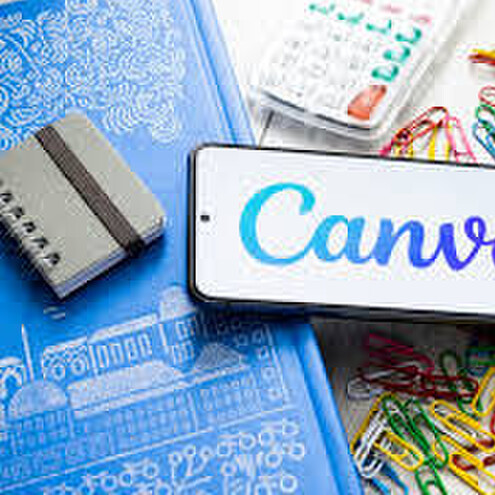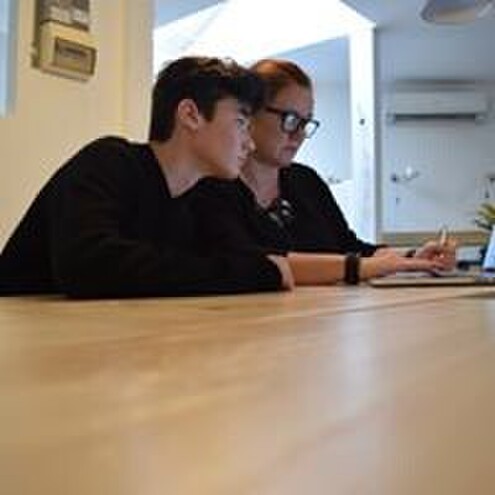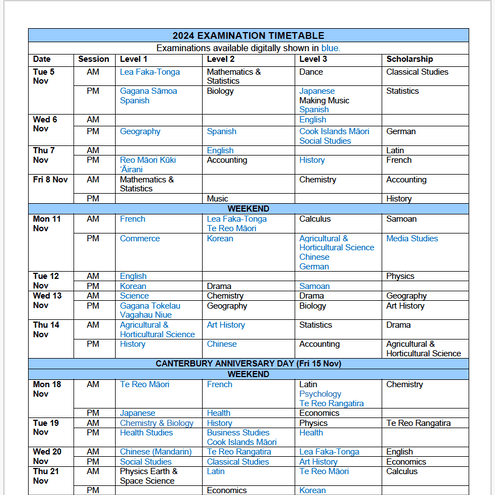Writing CV's
New Zealand Career Counsellor and Employment Consultant | Futures NZ
Here is an example of how you can structure your CV:
Personal Information: Start with your full name, contact information (phone number, email address, and physical address), and LinkedIn profile (if you have one).
Summary or Objective Statement: This should be a brief statement that summarizes your experience, skills, and career goals. It should be tailored to the position you are applying for.
Education: List your degrees and certifications, including the name of the institution, degree/certification earned, and the dates of attendance.
Work Experience: Start with your most recent job and work backwards. For each job, include the following information: job title, company name, employment dates, and a brief description of your responsibilities and accomplishments.
Skills: List any technical or soft skills that you have, such as proficiency in a programming language, project management skills, or communication skills.
Awards and Achievements: If you have received any awards, recognition, or certifications, include them in this section.
Professional Memberships: If you are a member of any professional organizations, list them here.
References: You do not need to include references on your CV, but you should have a list of professional references available upon request.
Remember to tailor your CV to the specific industry you are applying for, highlighting relevant skills and experiences. Keep it concise, clear, and easy to read. Good luck with your job search!
Tailoring your cover letter
New Zealand Career Counsellor and Employment Consultant | Futures NZ
Writing a cover letter that aligns with the job ad can help you stand out as a strong candidate and increase your chances of getting an interview. Here are some tips on how to do this effectively:
Study the job ad: Read the job ad carefully to understand the requirements and responsibilities of the position. Take note of the qualifications and skills the employer is looking for, as well as any specific duties or projects mentioned in the ad.
Tailor your cover letter to the job: Use the information you gathered from the job ad to tailor your cover letter to the position. Address the employer's specific needs and show how your experience and skills match their requirements.
Use keywords: Incorporate relevant keywords from the job ad into your cover letter. This can help your application get past automated screening systems and demonstrate that you understand the job requirements.
Highlight your relevant experience: Use your cover letter to highlight your experience and achievements that align with the job ad. Provide specific examples that demonstrate how you have used your skills in past roles.
Show your enthusiasm: Use your cover letter to show your enthusiasm for the job and the company. Explain why you're interested in the position and how you can contribute to the company's goals.
Follow the employer's instructions: Some job ads may have specific instructions for the cover letter, such as a requested format or length. Make sure to follow these instructions carefully.
Proofread your letter: Before submitting your cover letter, proofread it carefully to catch any errors or typos. Ask a friend or mentor to review it as well to get a second set of eyes.
By tailoring your cover letter to the job ad and showcasing your relevant experience and skills, you can demonstrate to the employer that you're a strong candidate for the position.
Tips for different types of Interviews
New Zealand Career Counsellor and Employment Consultant | Futures NZ
There are several types of interviews, including:
Behavioural Interviews: These interviews focus on how you've handled situations in the past and how you might handle them in the future.
Tips: Prepare examples of situations in which you have demonstrated skills such as problem-solving, teamwork, and communication.
Technical Interviews: These interviews test your technical skills and knowledge in a specific field or industry.
Tips: Review technical concepts and practice coding exercises or technical problems related to the field you're applying for.
Phone and Video Interviews: These interviews are often used as an initial screening step to assess your communication skills and qualifications.
Tips: Make sure you have a quiet and distraction-free environment for the interview, test your equipment beforehand, and dress professionally.
Group Interviews: These interviews involve multiple candidates and are used to assess teamwork and collaboration skills.
Tips: Be an active participant in the group, listen to others, and contribute ideas without dominating the conversation.
Case Interviews: These interviews present a hypothetical business scenario or problem for you to analyse and provide a solution.
Tips: Take time to understand the problem, ask clarifying questions, and present a logical and well-supported solution.
Overall, some general tips for any type of interview include researching the company and the role, preparing responses to common interview questions, and practising your interview skills with a friend or family member.
20 most common interview questions.
Tell me about yourself.
What are your strengths and weaknesses?
Why do you want to work for this company?
Can you describe your previous work experience?
How do you handle stress and pressure?
What are your long-term career goals?
What do you know about our company/industry?
How do you handle conflict with coworkers or managers?
Can you walk me through a project or accomplishment you're proud of?
What motivates you in your work?
What are some skills or qualities you bring to the job?
Why did you leave your previous job (or why do you want to leave your current job)?
How do you keep up with industry trends and developments?
Can you tell me about a time you had to make a difficult decision?
How do you prioritize tasks and manage your time?
Are you comfortable working independently or as part of a team?
What do you think are the most important qualities for success in this role?
Can you give an example of how you have demonstrated leadership in the past?
How do you handle feedback and criticism?
What questions do you have for me about the position or company?
New Zealand Career Counsellor and Employment Consultant | Futures NZ






